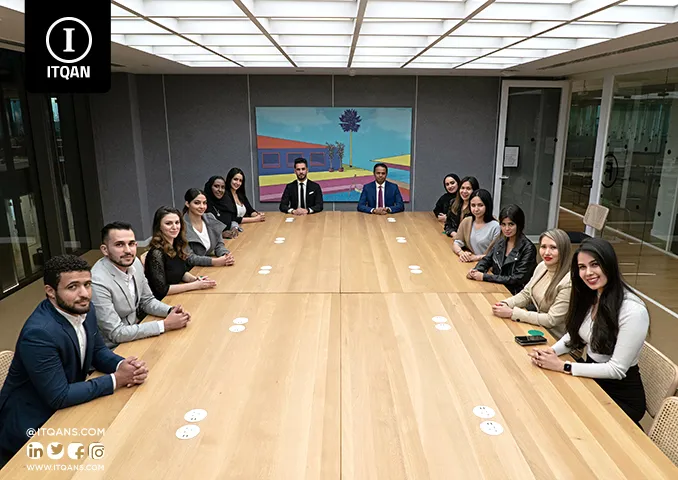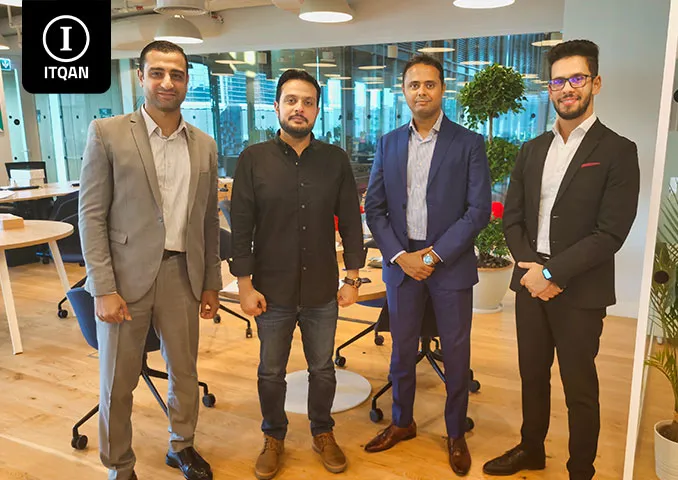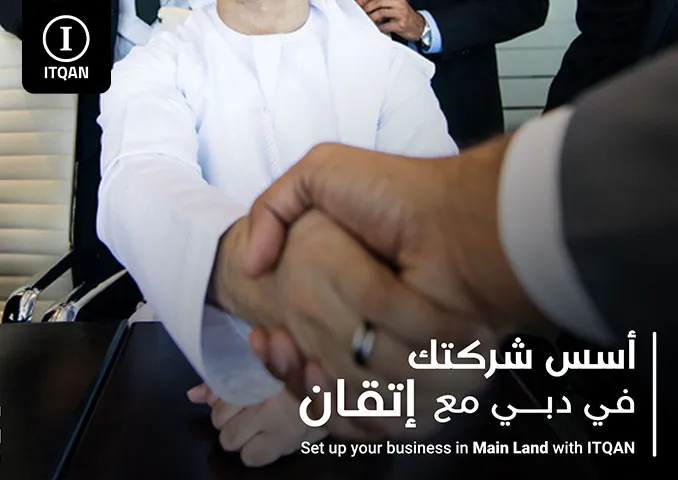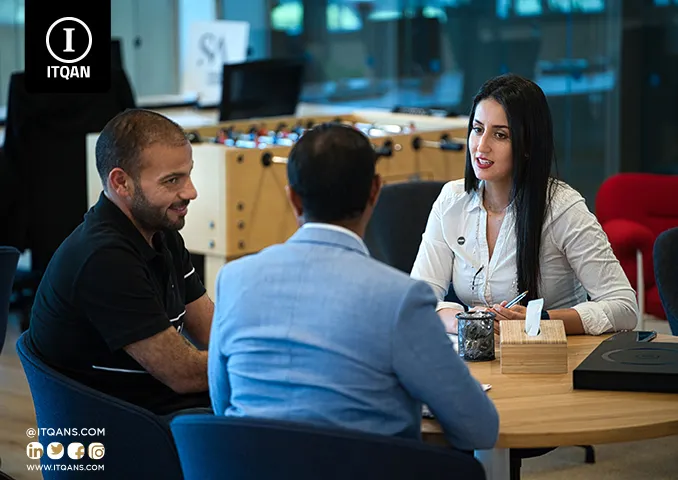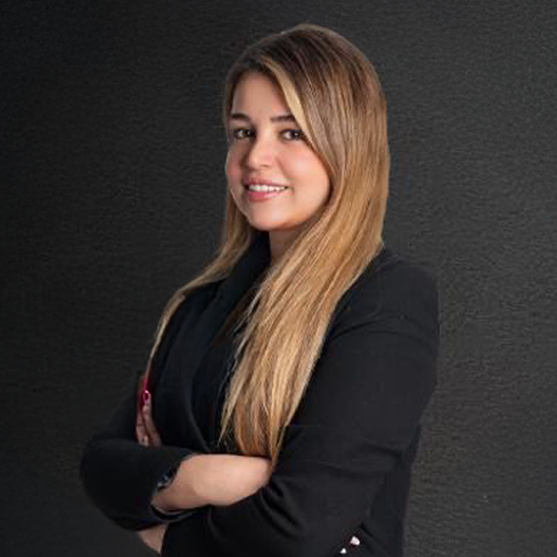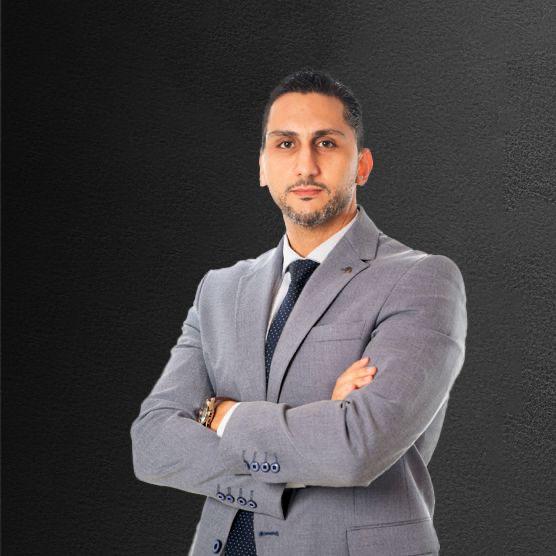Business Setup UAE: How GCC Entrepreneurs Benefit from Dubai’s Tax Policies
Planning a business setup UAE? For GCC entrepreneurs, Dubai provides a fertile ground for growth thanks to its progressive, tax-friendly environment. Dubai has taken proactive steps to ensure that its business climate remains internationally competitive—and the benefits continue to attract ambitious founders from across the Gulf Cooperation Council (GCC).
Why Choose Dubai for Business Setup UAE?
Dubai is more than just a global city—it’s a gateway for investment, innovation, and long-term growth. The city offers an array of features attractive to entrepreneurs, including:
- Zero personal income tax
- Competitive corporate tax regime (only 9% above AED 375,000 profit threshold)
- Full foreign ownership in designated sectors and free zones
- World-class infrastructure and banking ecosystem
- Strategic location for global trade access
These benefits make Dubai one of the most stable and forward-thinking environments for business across GCC and beyond.
Dubai’s Tax-Friendly Policies And Their Direct Benefits
For entrepreneurs focusing on business setup UAE, Dubai’s tax regulations stand out. Let’s explore the key areas where GCC investors gain the most:
1. No Personal Income Tax
One of the biggest perks in Dubai is its zero personal income tax policy. Entrepreneurs can keep more of their earnings, which helps reinvest in business growth. This is a stark contrast to many countries where high personal taxes burden business owners.
2. Favorable Corporate Tax Regime
Since June 2023, a corporate tax of 9% applies to business profits exceeding AED 375,000. However, this remains one of the lowest rates globally. Businesses earning below this threshold pay 0% in corporate tax. Startups and SMEs largely fall into this category, making Dubai ideal for new ventures.
3. Full Repatriation of Profits
A major benefit of launching a business in UAE is the unrestricted repatriation of capital and profits. Entrepreneurs can transfer their money back to their home countries without any limitations, enhancing international accessibility and liquidity.
Free Zones: A Core Advantage of Business Setup UAE
Dubai has more than 30 Free Zones, each offering unique incentives. These zones are especially appealing to foreign investors and GCC nationals alike:
- 100% ownership—no local partner required
- 0% import/export duties within the Free Zone
- No corporate or personal taxes for up to 50 years (in some Free Zones)
- Customizable office spaces and streamlined licensing
Consider Why Dubai South is a Prime Location for Setting Up a Business to understand one of the top-performing Free Zones in the region.
Comparing Mainland and Free Zone Options for GCC Entrepreneurs
Choosing between a Free Zone and the Mainland depends on your operational goals.
Free Zone Setup
- Ideal for international operations
- Limited access to the UAE market unless using local distributors
- Streamlined processes and packages for startups
Mainland Setup
- 100% UAE market access
- Subject to UAE Commercial Companies Law
- Now allows up to 100% foreign ownership in approved sectors
Explore deeper insights in our post on Mainland vs Free Zone: Where to Open Your Commercial Register in Dubai.
Registration Process: How to Start a Business Setup UAE
The process of starting a company might seem complex, but Dubai makes it quite straightforward:
- Choose your business activity—aligned with the Department of Economic Development (DED) guidelines
- Select a legal structure—LLC, Sole Proprietorship, or Branch Office
- Reserve a trade name through DED or Free Zone portal
- Apply and submit documents for trade license
- Secure an office or Flexi-desk depending on your business needs
- Open a corporate bank account
- Apply for visas (if applicable)
Understand each step and its cost implications in this detailed cost breakdown for opening a company in Dubai.
Additional Government Incentives to Support Startup Growth
Alongside tax benefits, Dubai has a range of support mechanisms for startups:
- Startup incubators and accelerators (e.g., Dubai Future Accelerators)
- Specialized funding through initiatives like Mohammed Bin Rashid Fund
- Quick licensing programs like Instant License or DED Trader licenses
These features form just part of why Dubai has become a magnet for tech startups and micro-entrepreneurs across the Middle East.
Common Compliance Considerations
While the tax benefits are appealing, GCC entrepreneurs must remain compliant with ongoing regulations:
- Register for VAT if your turnover exceeds AED 375,000 annually
- Submit annual corporate tax returns if applicable
- Ensure economic substance filing (for certain business activities)
- Maintain proper bookkeeping and satisfy audit requirements annually
Staying compliant ensures continued eligibility for incentives and avoids penalties.
The Future Outlook for Business Setup UAE
The UAE continues to innovate in its economic strategies. Recently added initiatives like Golden Visa programs for entrepreneurs, 100% foreign ownership, and digital trade licensing all indicate strong support for business growth. GCC founders can confidently consider Dubai as more than a tax haven—it’s a stable and smart strategic business move.
Final Thoughts: Why GCC Entrepreneurs Should Act Now
With liberal regulations, unbeatable tax advantages, and continuous innovation, Dubai offers winning potential for visionary founders. Now is the perfect time for GCC entrepreneurs to leverage the business setup UAE framework and transform ambitious ideas into successful enterprises.
For more comprehensive guidance, visit the UAE Government Portal and consult our curated resources for practical advice.

